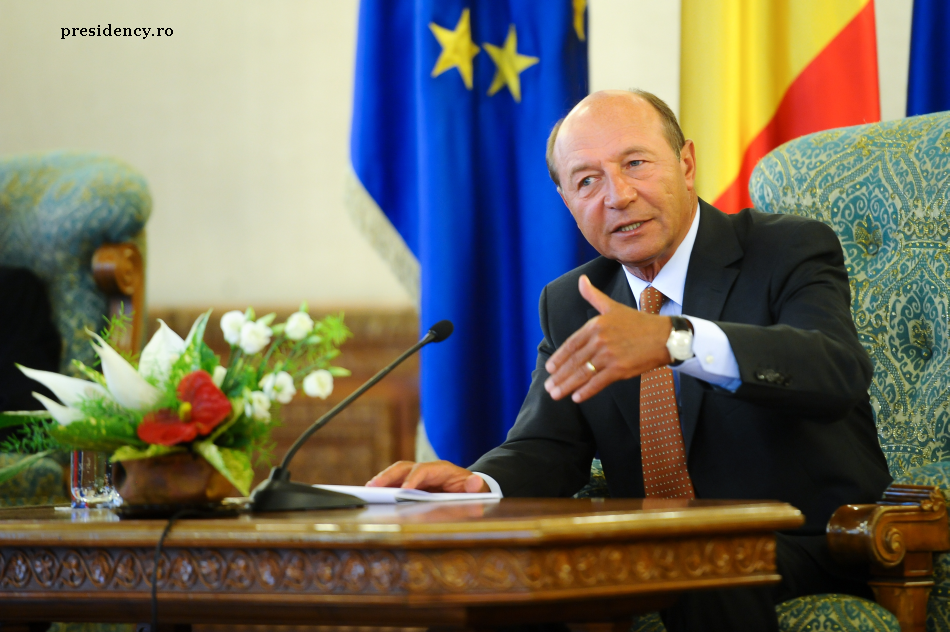Charged with
conflict of interests while in office, PM Victor Ponta retained the immunity
that he benefits from, as a Deputy. 231 of his fellow MPs, members of the
ruling coalition made up of the Social Democratic Party, the Conservatives, the
National Union for the Progress of Romania and the Reformed Liberal Party,
voted against the request filed by anti-corruption prosecutors, and only 120
MPs, from the opposition, voted in favor. The result came as no surprise. Ever
since Friday, when the National Anti-corruption Directorate announced its
decision to prosecute Ponta, members of the Social Democratic Party and of the
Government have voiced their solidarity with and loyalty for a prime minister
that they see as the victim of political maneuvering. To President Klaus
Iohannis, on the other hand, the vote in the Chamber of Deputies was a proof of
irresponsibility and disregard for citizens. Klaus Iohannis:
To
destroy institutions and principles in order to rescue one person is, in my
opinion, unacceptable in a democracy. What are the common citizens to
understand now? That anyone who is charged with criminal offences may be
prosecuted and tried, but a prime minister cannot, because he is backed by a
parliamentary majority? What are we to understand now? That there are two
Romanias, one for ordinary people and one for Mr. Ponta?
Victor Ponta has
no respect for the law and for the Romanians, the co-president of the National
Liberal Party, Alina Gorghiu, also said.
The head of
government however says that the solution to this crisis is for him to present
to prosecutors all the data they have requested, and that the Cabinet should be
allowed to do its job. Ponta also claims that the strong calls for his
resignation coming from President Iohannis are actually fuelled by the head of
state’s plans to bring the Liberals in power. Victor Ponta:
The
political battle is back on a stage that we all remember, the game of criminal
cases. And on Friday it was my turn. Why, when everything goes well, when
everybody praises Romania, must we go back several years and rehash the battle
of criminal accusations, to have Ponta out and Gorghiu in?
For the time
being, the PM cannot be prosecuted for conflict of interests, but prosecutors
may carry on the investigation of criminal offences such as forgery, tax
evasion and money laundering, which he presumably committed about ten years
ago, when he was a lawyer.
The new
political and judicial scandal in Bucharest has had its echoes in Western
capitals as well. The American Embassy in Bucharest says in a statement that
accusations against government officials should be investigated without
interference. The British diplomats in Bucharest also emphasized the need for
judicial institutions to be allowed to act with impartiality and full
independence, while their Dutch colleagues warn that the developments in
Parliament reveal problems related to the attitude regarding justice and
corruption in Romania.

